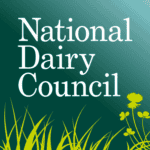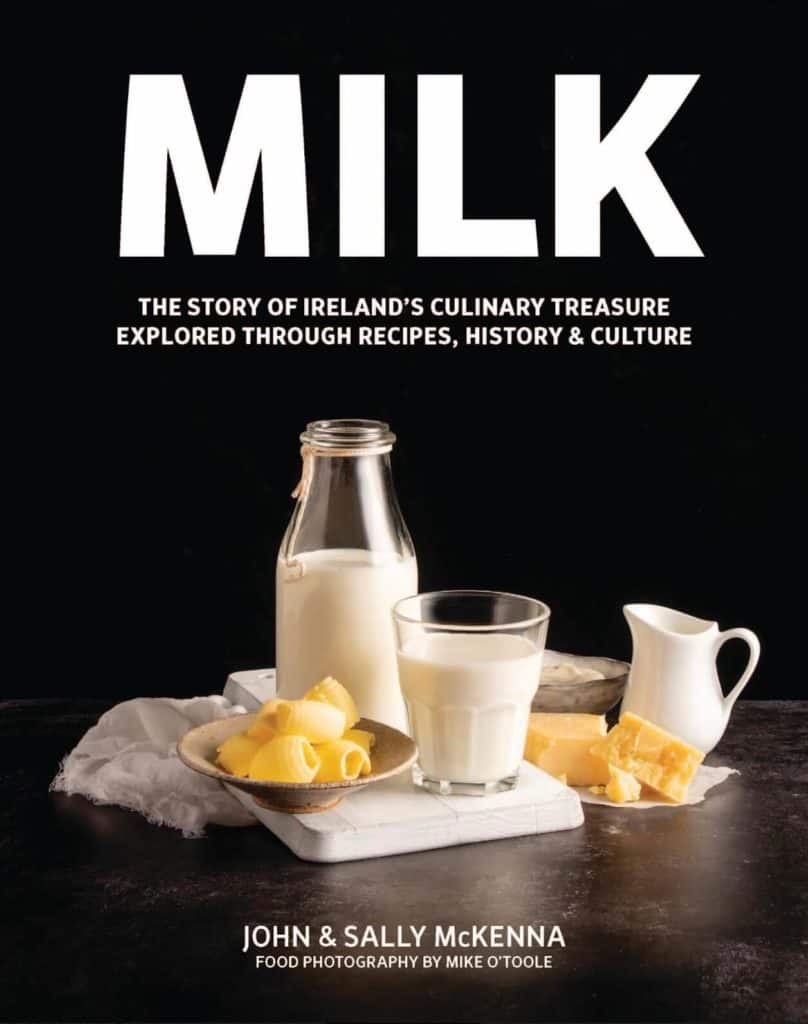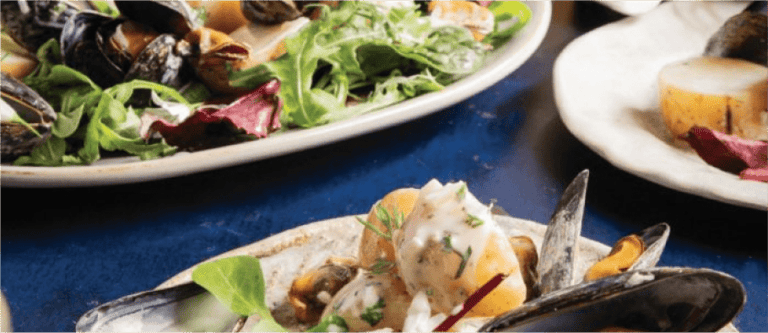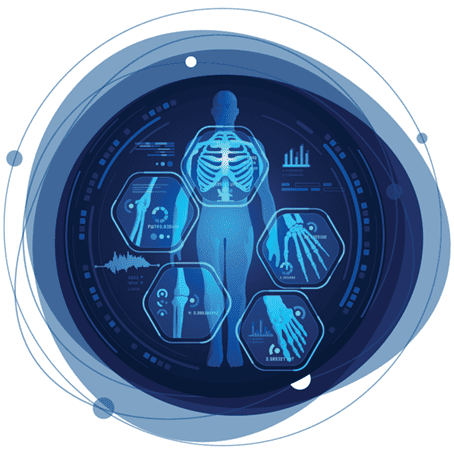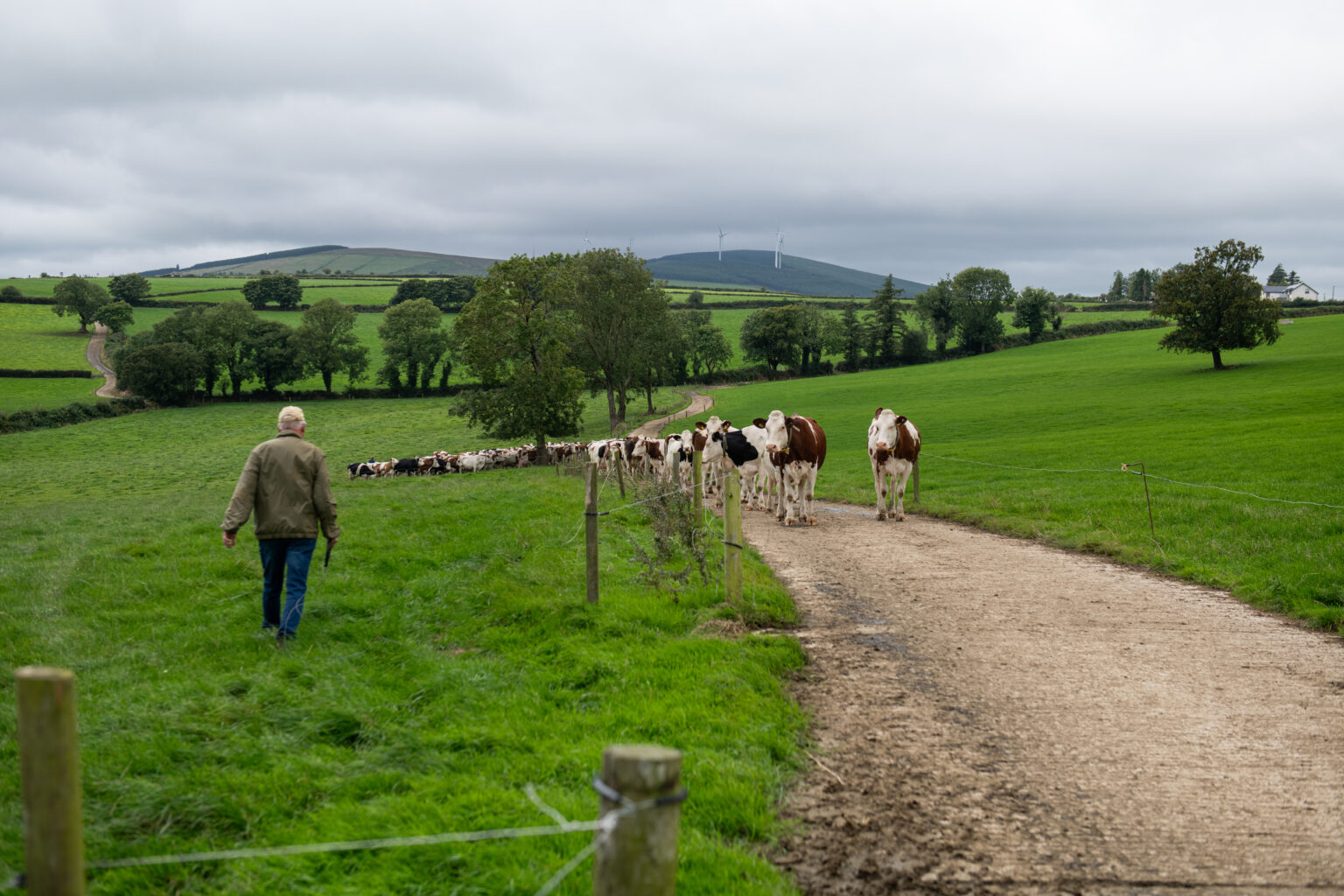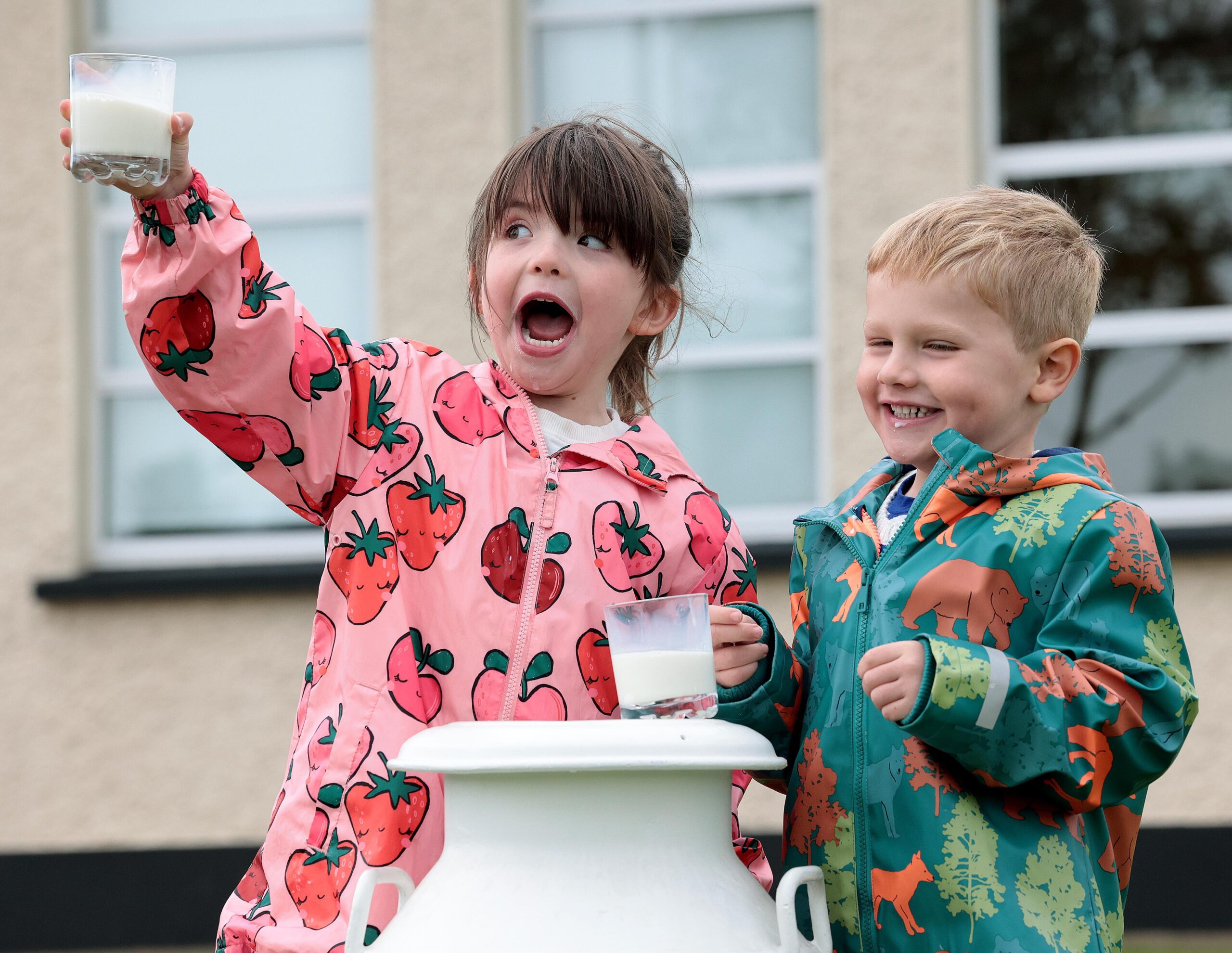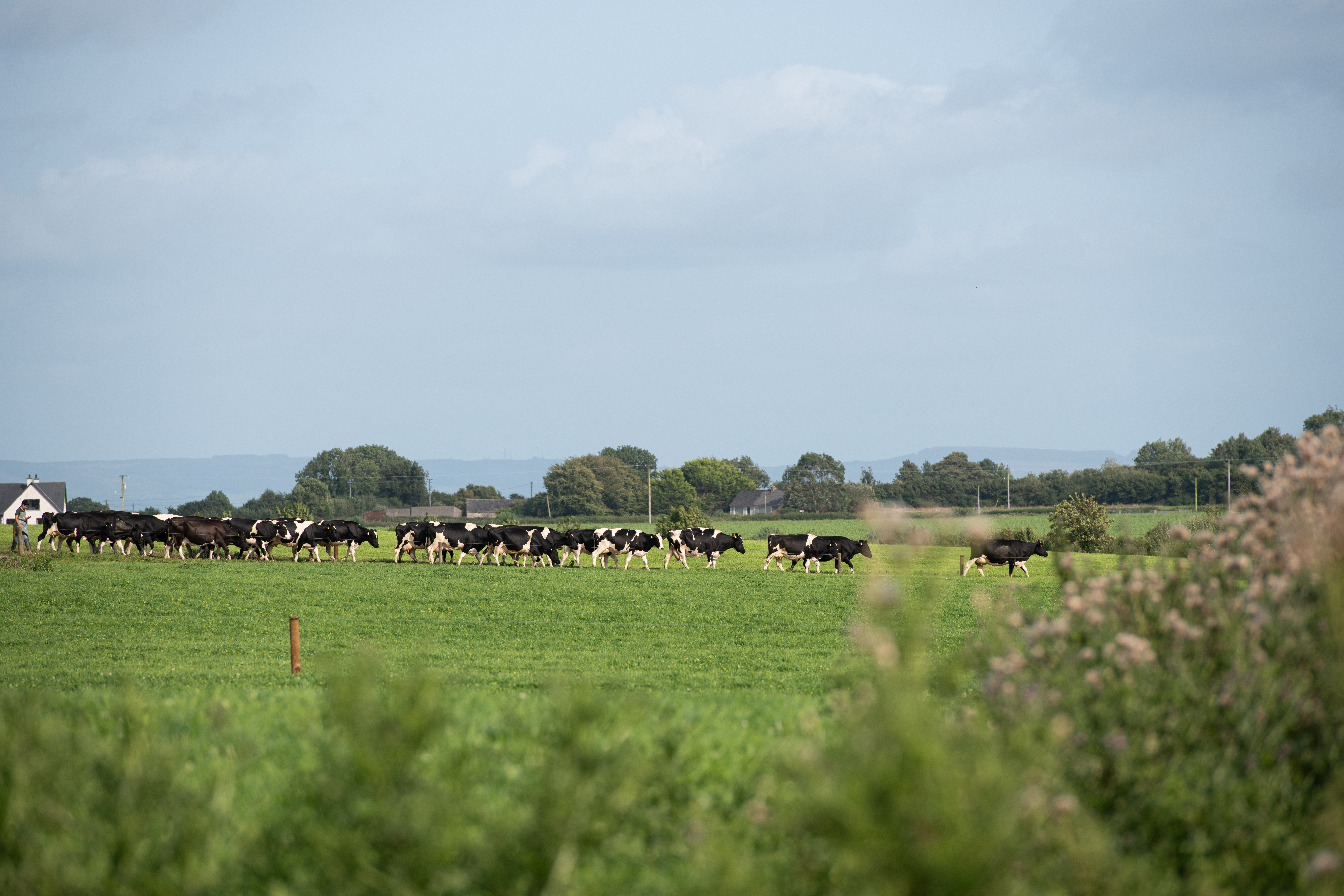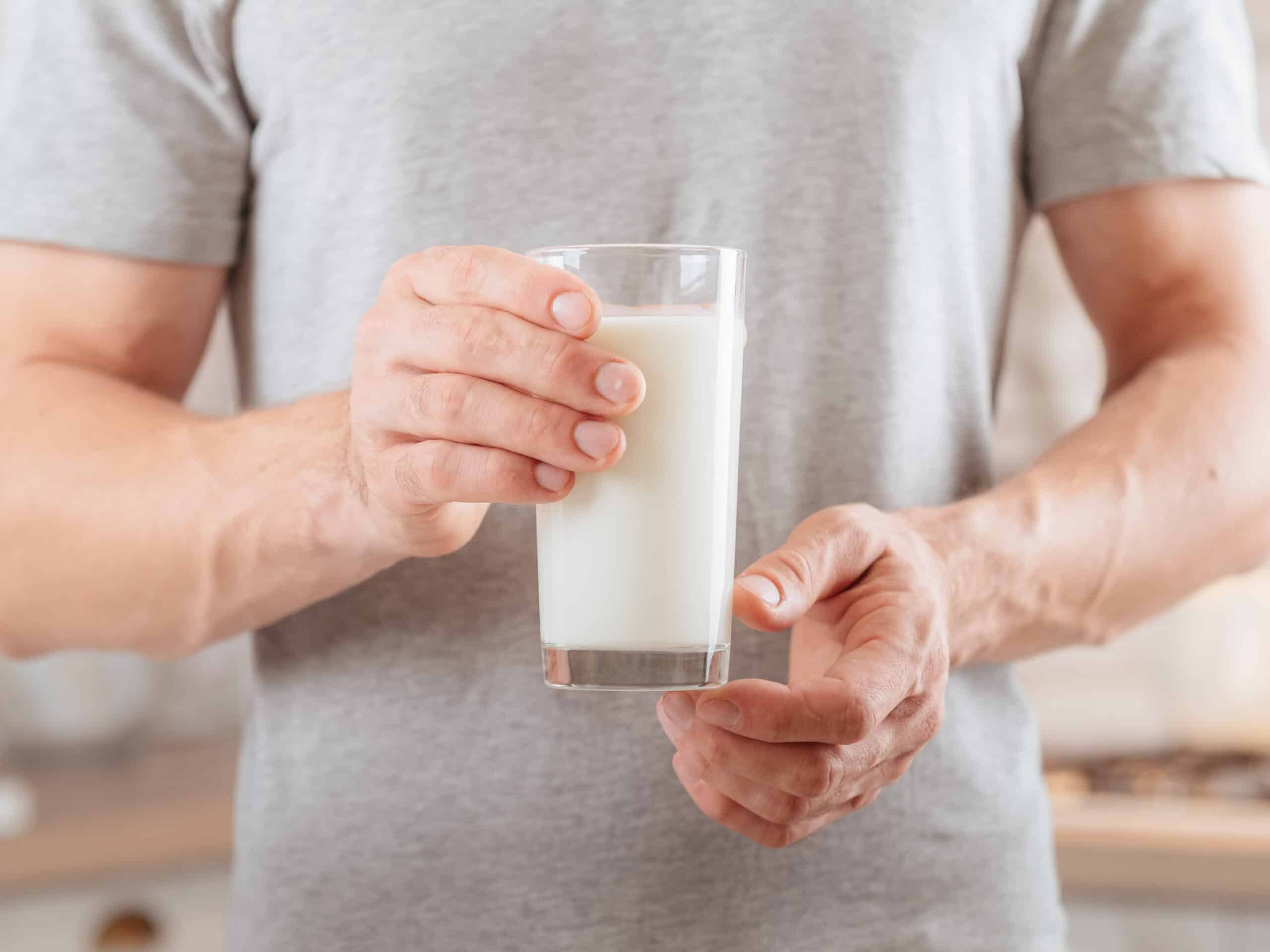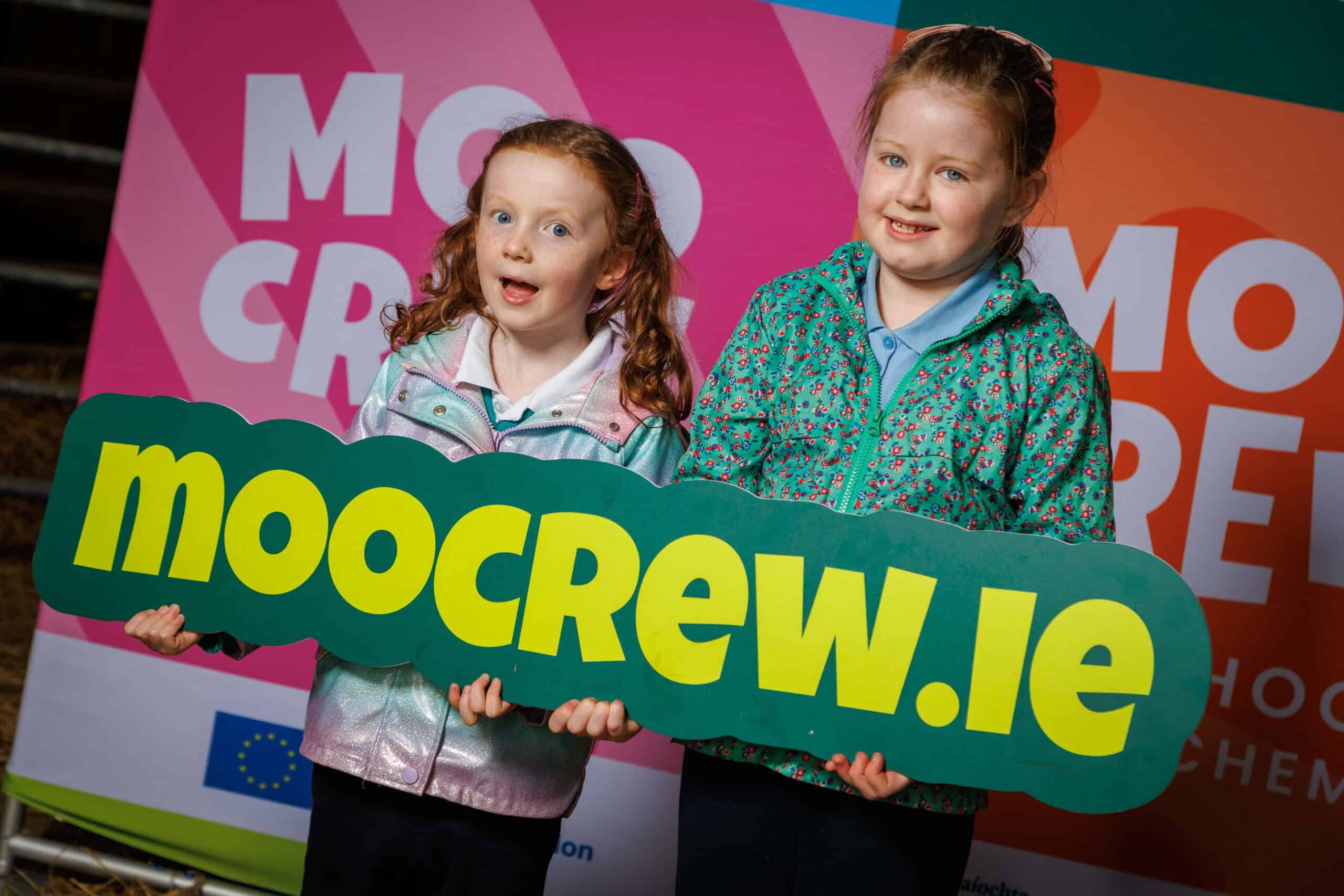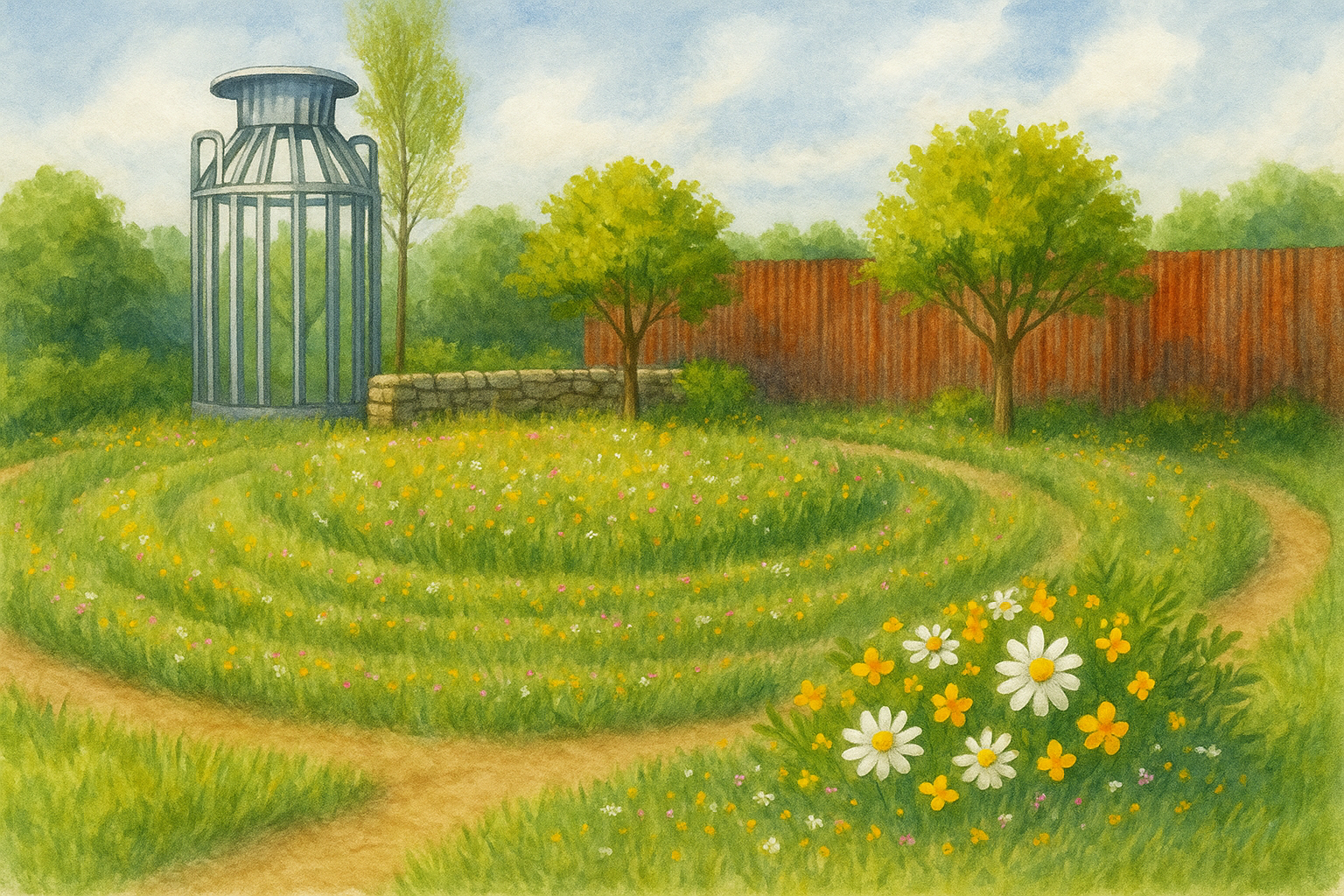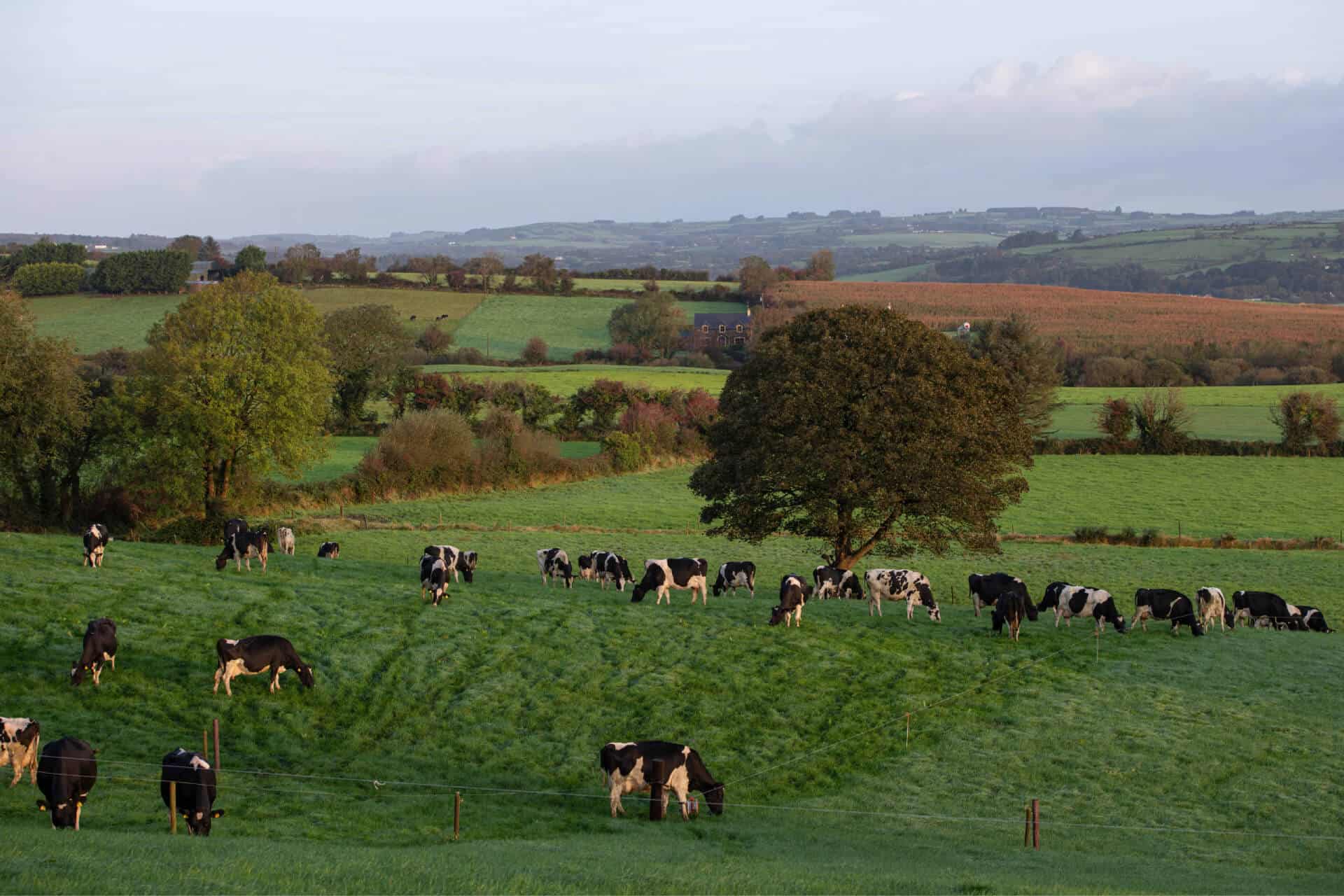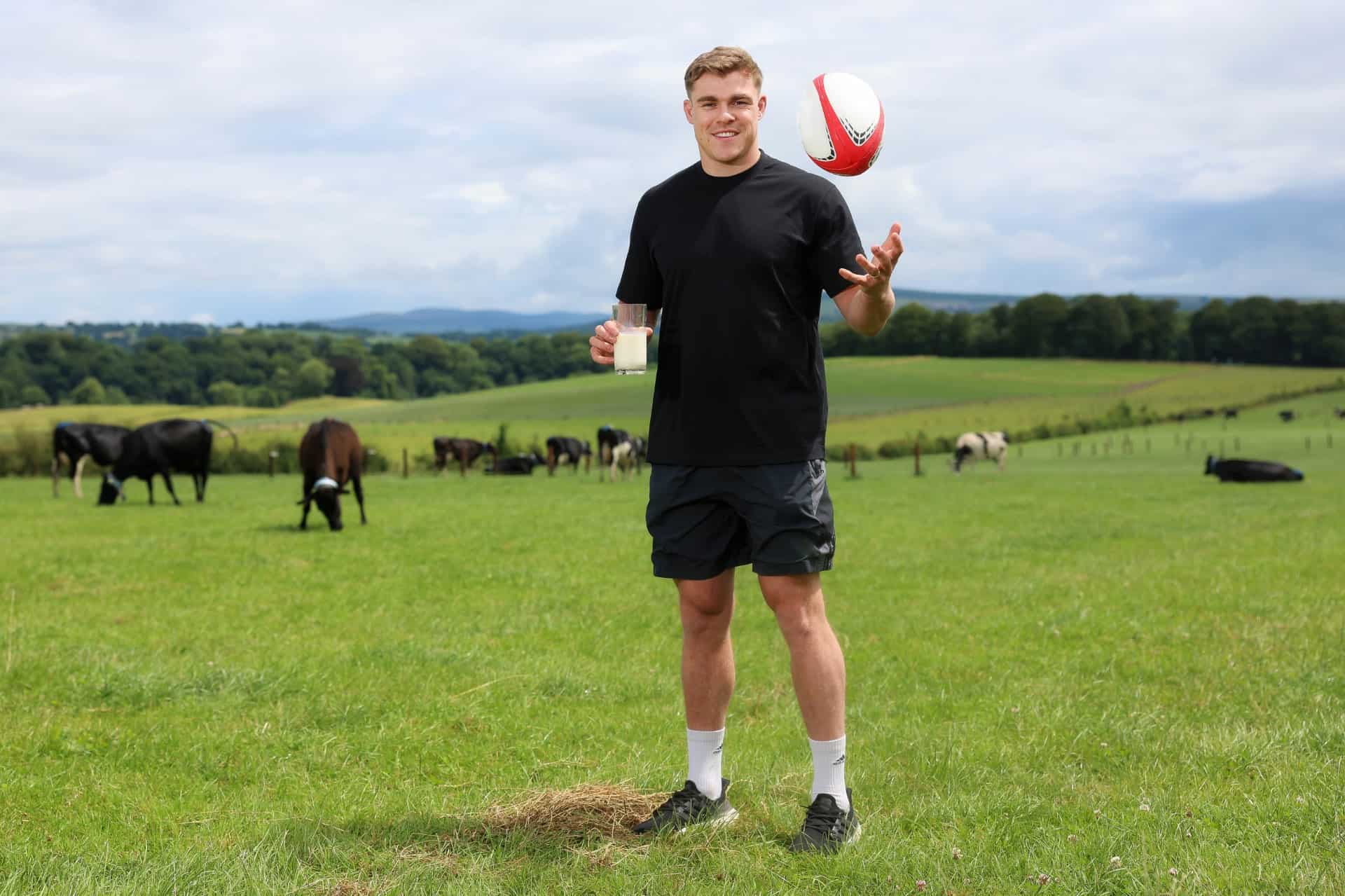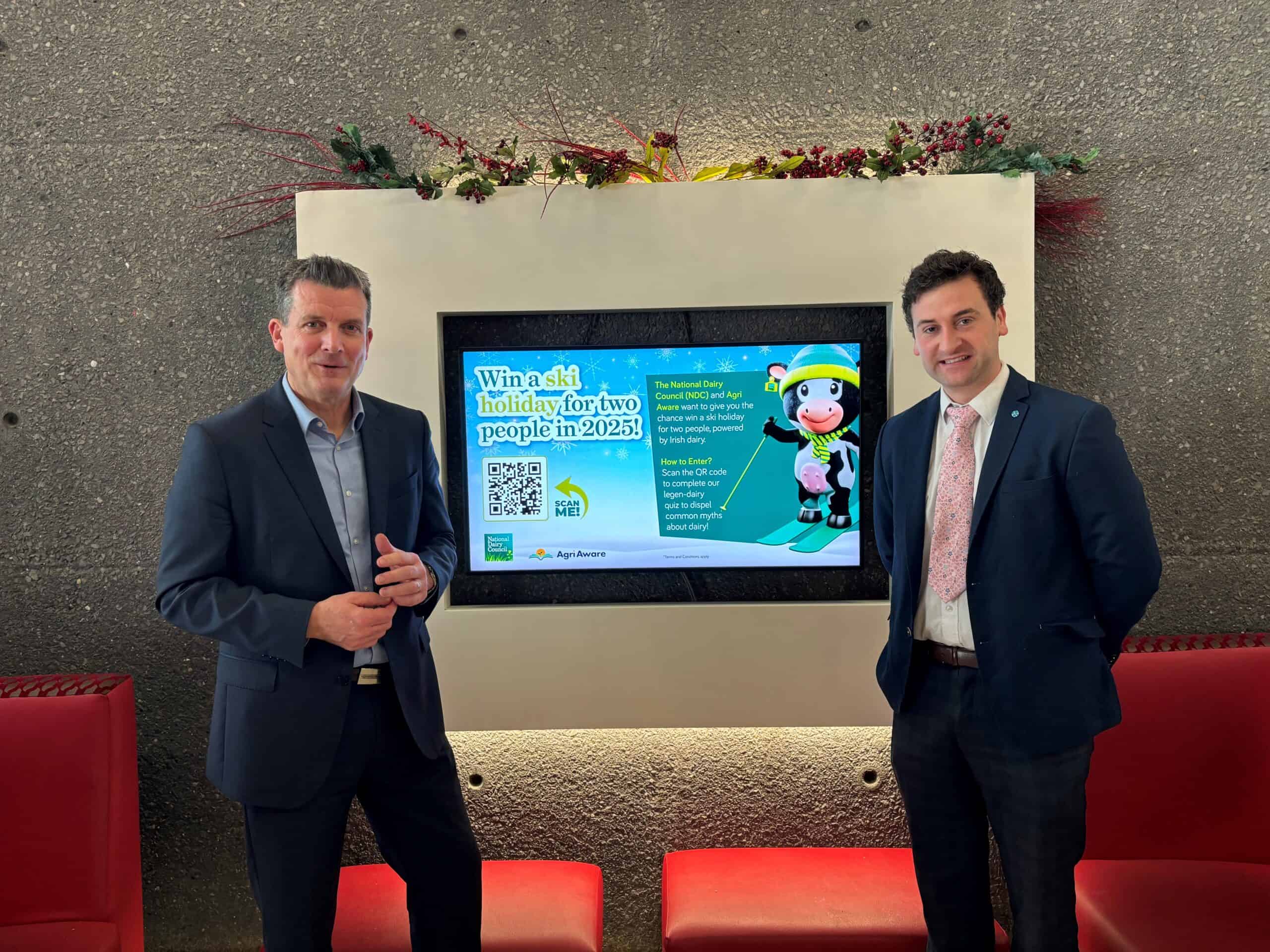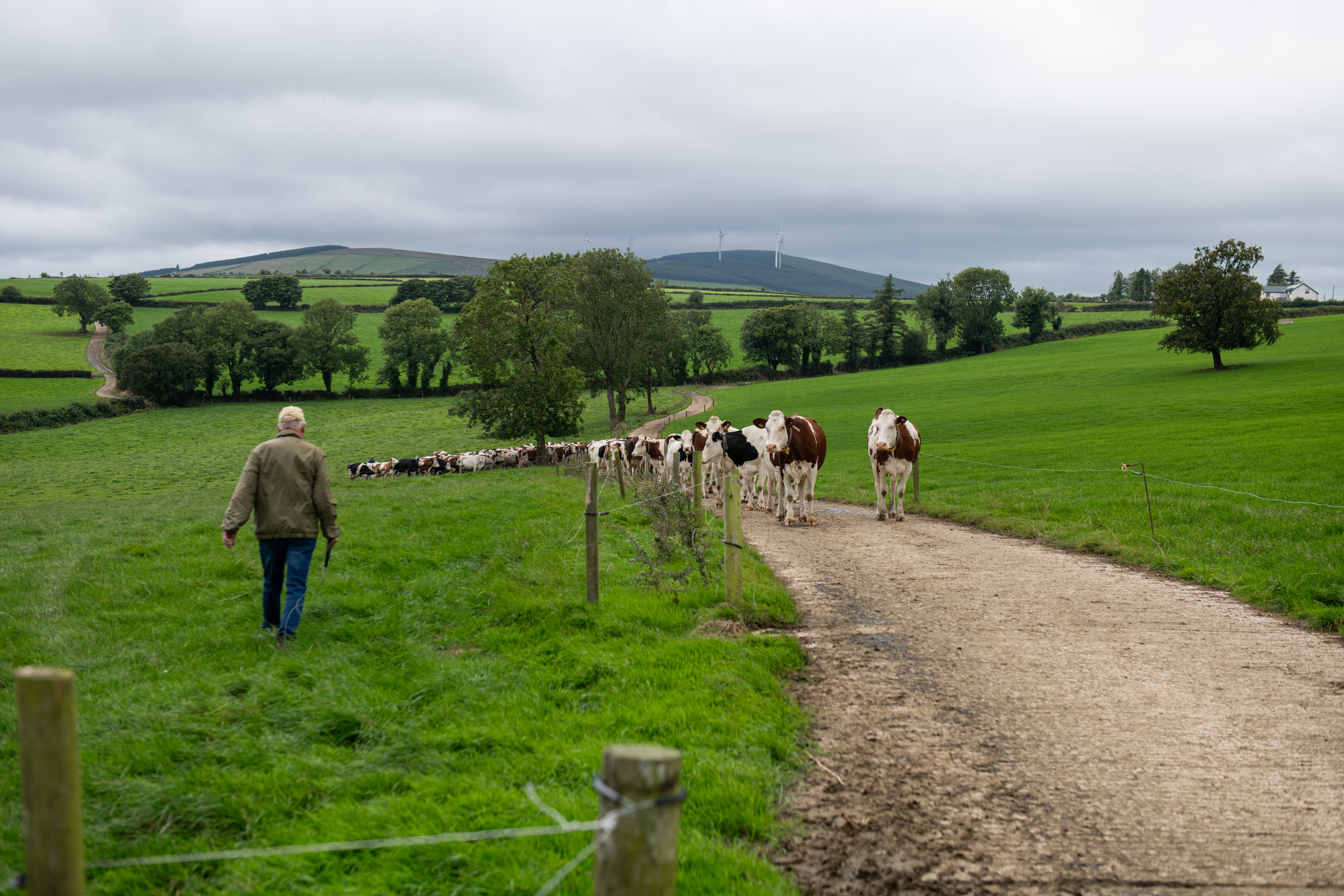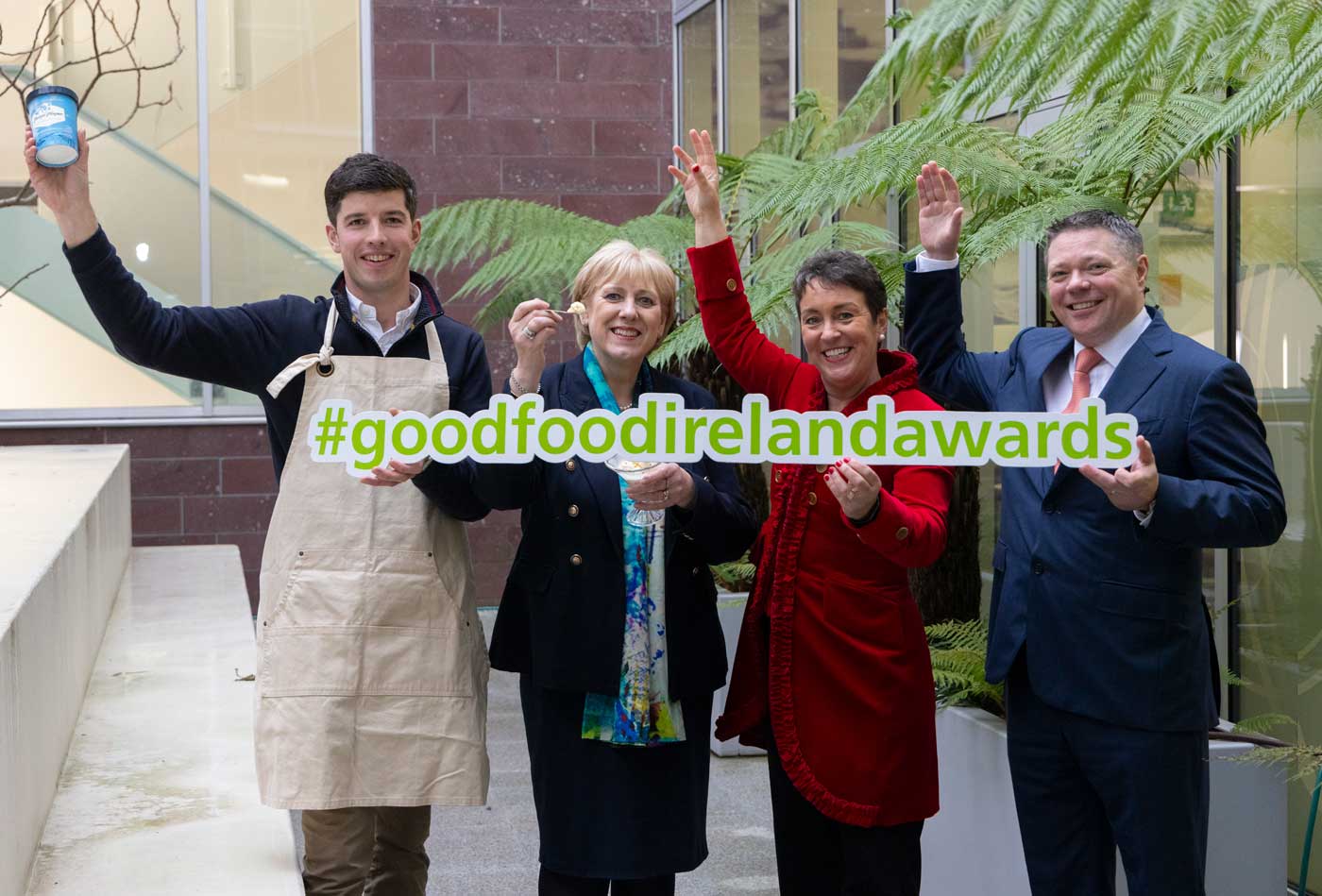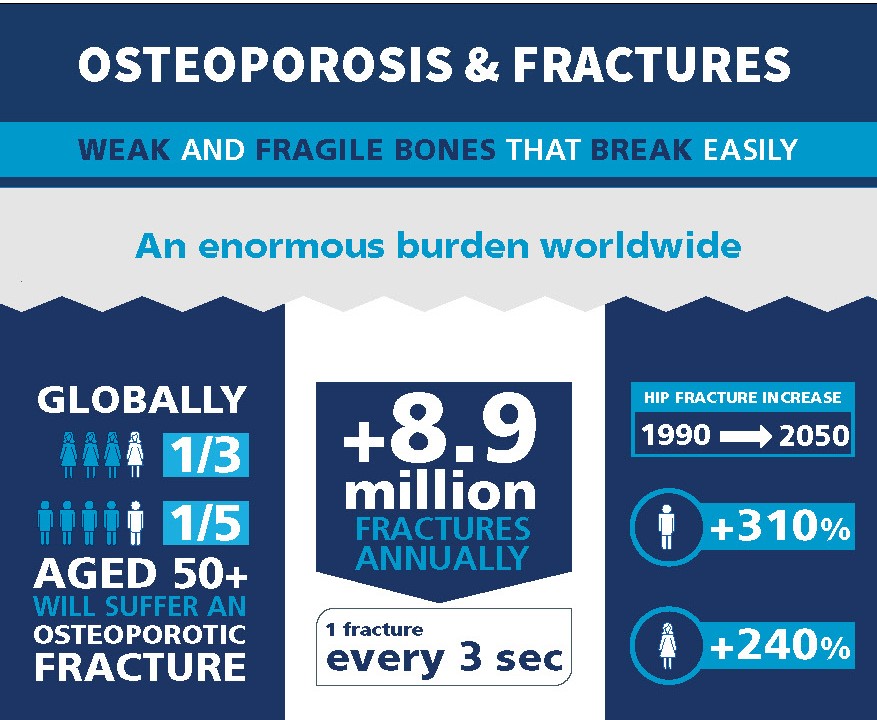- An Taoiseach tells popular podcast [1]: “We need the farms to continue. We need people to continue to produce food.”
- Research [2] shows lack of consumer understanding about agriculture’s environmental impacts and the need to improve them
- Only 4% of teenagers are eating recommended three portions of dairy each day.
Following comments by An Taoiseach, Simon Harris, on the popular 2 Johnnies podcast, the National Dairy Council (NDC) has called for Irish consumers to be given a clearer picture of the issues facing Irish dairy farming and a greater understanding of the health and societal benefits dairy provides.
Speaking on the podcast, Mr Harris offered strong support to farmers. “We’ve got to stop the lecturing, stop the demonising of farmers, and actually work in partnership,” he said. “Farmers understand [climate change], farmers are willing to play their part, but we also need the farms to continue. We need people to continue to produce food.”
Responding to the Taoiseach’s comments, Mark Keller, NDC Interim CEO, said:
“The best way to start the partnership, to put an end to the lecturing, the demonising and the misconceptions is to start a frank, open and, above all, widespread dialogue between the dairy sector and the Irish public. After all – if people don’t have the information, how can they form an opinion?”
Mr Keller added that there is ample evidence to demonstrate a lack of general understanding and awareness of the benefits of dairy products – a situation which, if unaddressed, has the potential to create real social and economic problems in both the short and long terms. He said:
“The NDC conducts regular consumer research around key industry concerns and this year we’ve pinpointed a lack of understanding around the issue of water quality, a massive shortfall in dairy consumption amongst teenagers, which could store up bone health problems in later life, and a concerning reduction in adult dairy consumption against the government’s advice of three servings of dairy a day.
“While seven out of 10 people say they trust Irish dairy farmers to take care of the environment [3], there is clearly a lack of knowledge around what farmers are doing to mitigate their environmental impacts in the key areas of emissions and water quality.
“From this we have to infer a limited understanding of how Ireland’s agriculture, its economy and its society could be impacted unless further efforts and greater allowances are made on the part of both the farmers and the legislators. Without it, agriculture in Ireland may be changed irrevocably.
“Similarly, key statistics show that only 4% of the nation’s teenagers are eating their daily dairy recommendation. As Irish people are living longer this means that as many as 480,000 Irish teenagers currently aged between 13-19 can expect to become part of the growing cohort of Ireland’s over-65s – and are already putting their bone health at risk.
-ends-
For further information, or to arrange an interview with Mark Keller: Jeremy Probert | jeremy@4TC.ie | +353 (0)89 700 0792 | www.4TC.ie or Craig McKechnie | craig@4tc.ie | +353 (0)87 621 8839 | www.4TC.ie
[1] Episode 351, November 4 2024
[2] National Dairy Council Water Quality Research, March 2024, Irish public representative sample n=1003
[3] NDC Tracker Research September 2024
Notes to Editors
About the National Dairy Council
The National Dairy Council (NDC) champions the role of quality pasture-based dairy and its nutrition benefits in supporting healthier, more active living. The private farmer-funded marketing agency works to promote and protect Ireland’s dairy reputation at home and abroad and believes in a future in which Irish dairy is recognized and trusted as a vital part of people’s diet and general health across the life stages, indispensable to Ireland’s social and economic wellbeing.
